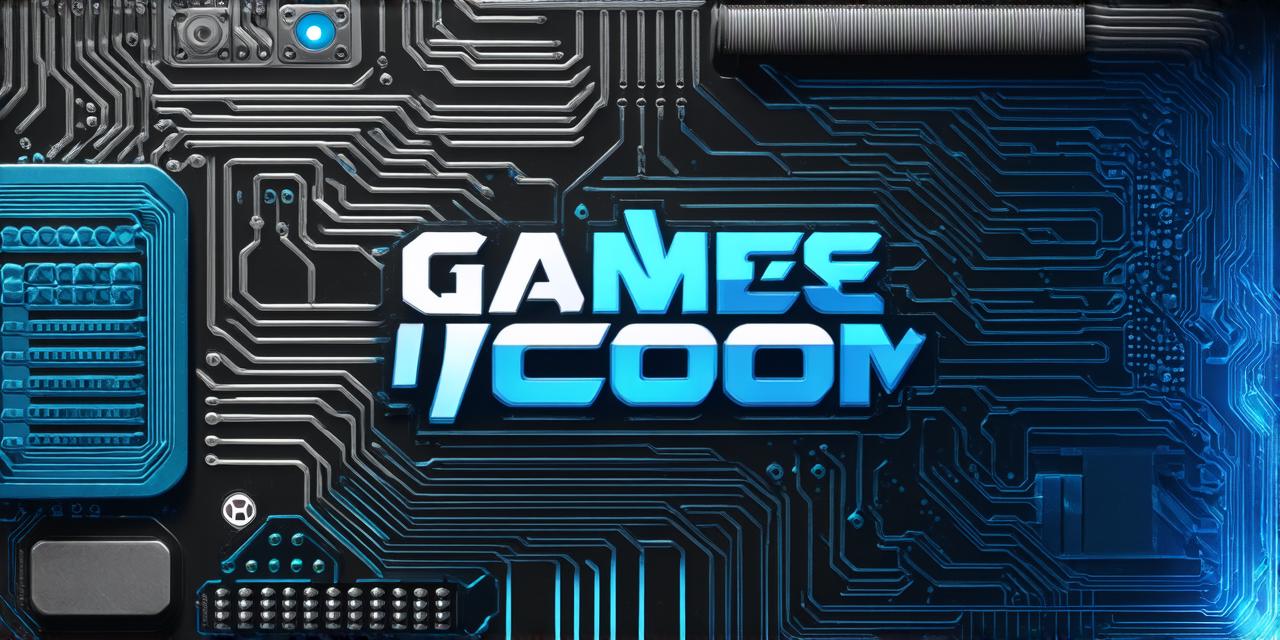Introduction
As a game developer, creating a successful game can be challenging, especially when you are just starting out. However, with the right approach and knowledge, it is possible to become a game dev tycoon and create games that resonate with your audience. In this article, we will provide you with a step-by-step guide on how to create a game dev tycoon, including tips and best practices from experienced game developers.
Step 1: Choose the Right Game Type
The first step in creating a successful game is to choose the right game type. There are various types of games, including adventure, strategy, action, sports, puzzle, simulation, and role-playing games. Each game type has its own unique features and challenges. To create a game that resonates with your audience, it’s important to choose a game type that aligns with their interests and preferences.
Step 2: Conduct Market Research

Once you have chosen the right game type, it’s important to conduct market research to determine what features and elements your target audience wants in a game. This can be done through surveys, focus groups, or online forums. You can also analyze competitor games to see what they are doing well and identify areas where you can differentiate your game.
Step 3: Create a Game Design Document
A game design document (GDD) is a comprehensive document that outlines the game’s mechanics, features, storyline, characters, and levels. It serves as a roadmap for the development team to follow, ensuring everyone is on the same page and working towards the same goal.
Your GDD should be detailed and include information on the game’s target audience, goals, and objectives. It should also include an overview of the game’s storyline, characters, and levels. The GDD should be reviewed and updated regularly to ensure it remains relevant and up-to-date.
Step 4: Hire a Skilled Team
Creating a successful game requires a skilled team with various expertise in different areas such as game design, programming, art, sound, and production. It’s important to hire experienced professionals who have worked on successful games before. You can find talented individuals through online job boards or by reaching out to your network.
Step 5: Secure Funding
Creating a game requires funding, especially for larger projects with more complex features. You can secure funding through various methods such as crowdfunding, angel investors, venture capitalists, or by securing a loan from a bank. It’s important to have a solid business plan and financial projections to show potential investors your vision and the potential return on investment.
Step 6: Develop a Prototype
A prototype is a basic version of the game that allows you to test the mechanics, features, and gameplay. It’s an essential step in the development process as it helps you identify any issues or problems early on and make necessary adjustments. You can develop a prototype using various tools and engines such as Unity, Unreal Engine, or GameMaker.
Step 7: Test and Refine Your Game
Once you have developed a prototype, it’s important to test the game with your target audience to gather feedback on its mechanics, features, and overall experience. You can also conduct usability testing to identify any issues or problems in the game’s interface or controls. Based on the feedback received, you can refine the game and make necessary adjustments to improve its overall experience.
Step 8: Launch Your Game
After months or years of hard work, it’s finally time to launch your game. The launch process requires careful planning and execution to ensure maximum impact and success. You should create a marketing plan that includes social media campaigns, PR events, influencer outreach, and advertising. It’s important to create a buzz around your game before the launch to generate excitement and anticipation among your target audience.
Conclusion
Creating a game dev tycoon requires hard work, dedication, and perseverance. With the right approach and knowledge, it is possible to create games that resonate with your audience and achieve commercial success. By following the steps outlined in this guide, you can increase your chances of creating a successful game and becoming a game dev tycoon.



